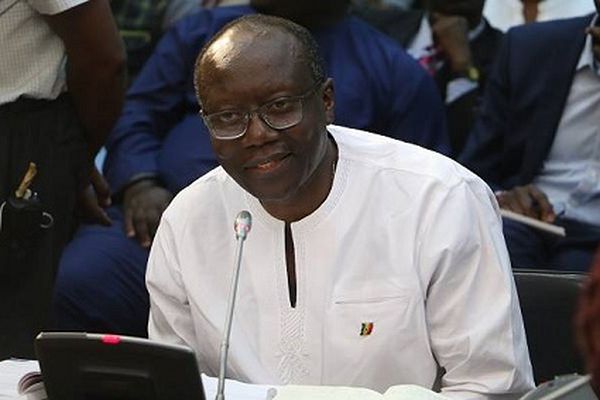The economy of Ghana has experienced remarkable progress over the last quarter of the century, but there is increasing incidence of poverty and inequality levels, an economist, Dr Kojo Appiah-Kubi, observed on Thursday.
That, he said, lent credence to the fact that “the outcome of our economic policies are not benefiting the poor people in Ghana.”
In a statement on the floor of Parliament in Accra last week, Dr Appiah- Kubi, who is also the MP for the Atwima Kwanwoma Constituency in the Ashanti Region, praised the country for achieving most of the Millennium Development Goals (MDG) targets, but stressed the need for doubling up efforts and proper targeting of the poor to achieve the Sustainable Development Goals (SDG).
The statement, titled “Economic Growth, Poverty and Inequality in Ghana” noted that the country became the first sub-Saharan African nation to achieve the MDG 1 target of halving poverty by 2015, with a resultant economic boom and boosting social investment.
That, he said, had contributed to more than 50 per cent reduction in people without access to good drinking water, and other MDG targets related to universal primary education and gender parity in primary school.
The country is set to become Africa’s fastest-growing economy in 2018 with the discovery of oil in commercial quantities which has raked in a windfall revenue of about $4 billion over the last six years from oil and gas alone, thus registering higher investment and social services.
Middle income status
The MP, also former Director for Development Policy and Planning at the National Development Planning Commission (NDPC), said the recent economic boom had helped the country to attain a middle income status, but “the benefits of the economic boom experienced over the past decade had not been shared equitably among Ghanaians.
“Per experts’ assertion that the benefit had gone overwhelmingly to the wealthy, the urban and southern folks and largely to adults,” and in terms of income inequality, the situation appears to have equally worsened in recent times.”
Dr Appiah-Kubi, also former Head of Economics Department of the Institute of Social Statistical and Economic Research, of the University of Ghana, identified poverty in Ghana as predominantly rural, as “about 10 people living in rural areas were estimated to be poor compared to one in 10 persons in urban areas with the north or rural Savannah harbouring majority of persons living in poverty”.
He said poverty levels of the bottom urban income earners appeared with rapid urbanisation and the growing urban population and the cities were becoming increasingly segregated as inequality gaps grew larger.
Also, according to statistics, the three regions of the north continued to suffer from slower pace of development and income inequality, with another worrying aspect of more poor children than poor adults.
“The irony of it all is that, child poverty remains considerably higher in rural (41.8 per cent) than in urban areas (13.1 per cent).
Statistics show that more than four out of every 10 children in rural areas live in abject poverty as compared to one out of 10 children in urban areas, “ Dr Appiah-Kubi said.
He alerted the nation that child poverty caused a vicious cycle of trans-generational poverty and a poor child was more likely to grow to become a poor adult, “because he or she is less likely to be healthy and educated and his or her children will also suffer.” — GNA/GB
